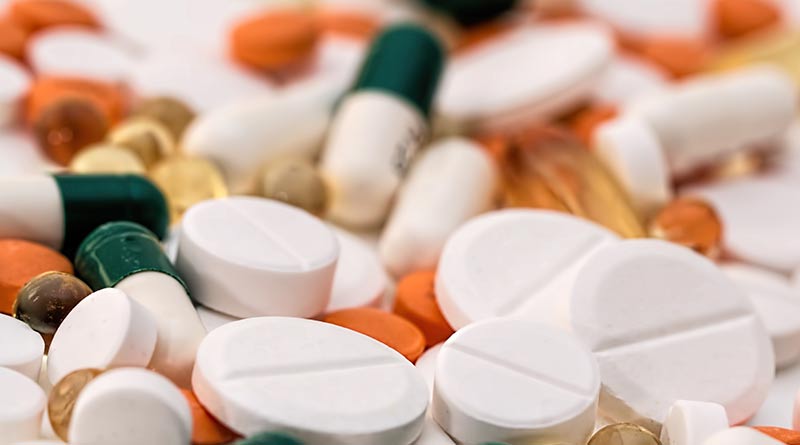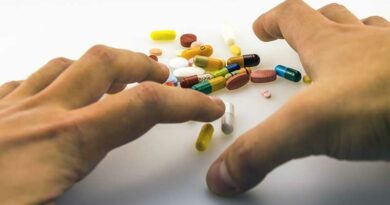How statins really work.

How statins really work.
Again – this edition of Diet & Health Today has a footnote to the main article, as it is such a huge topic. We draw on some recent published research to make an interesting connection...
On 7th September 2010 there were reports in the national newspapers and on the BBC site (http://www.bbc.co.uk/news/health-11219708) about a study showing the ‘benefit’ of statins in arthritis. Israeli researchers looked at 1.8 million patients – a good sized study, therefore, and found that the patients who happened to be on statins (for some daft reason) were 50% less likely to develop rheumatoid arthritis. There is a great line in the BBC report: “The relationship in this trial between adherence to statin therapy and incidence of rheumatoid arthritis is unclear, but the work builds on existing knowledge.” Shall we send the BBC a copy of The Great Cholesterol con?!
As you enlightened people know – statins don’t lower cholesterol directly; they stop the body producing cholesterol. This is an important difference. As an example of how medication more usually works – insulin works for a type 1 diabetic by lowering blood glucose levels directly. Insulin doesn’t stop the body ‘making’ high blood glucose levels.
A small digression might help here: I know medication comes up quite a bit in the club and I am not anti medication – I am concerned when it has an impact on weight and people gain weight simply by starting or changing medication. This is serious and desperately upsetting for those people and we need to take more steps to avoid this (doctors and patients and drug companies working together). Having said this, I am more OK with drugs that help the body in some way, rather than those that stop it doing what it was designed to do. The body’s balance and interrelated mechanisms are so intricate that I cannot help but think that stopping one process will lead to another going out of balance. As a really simple example, your leg muscles or back may ache if your pelvis is slightly misaligned and your body has to make unwelcome adjustments to compensate.
My brother would likely be dead without insulin; vaccinations have made an immeasurable difference to global disease; antibiotics have undoubtedly saved lives (but are way over used) – there are numerous examples of the benefit of pharmacology. Anti depressants, for example, the SSRI’s (Selective Serotonin Reuptake Inhibitors) help the body with its uptake of serotonin. Some people do have very low levels of this ‘mood’ hormone and SSRI’s can make a huge difference to their quality of life. In general, therefore, medication that works with the body is preferable to medication that stops the body doing what it was designed to do. The fact that statins do this is just one part of the problem. Any drug that becomes worth billions of dollars is open to abuse in its promotion – it just becomes too lucrative to leave alone.
So, back to statins and what they do. You can look on line for a flow chart for the process by which the body makes cholesterol (or there’s one in my book or Dr MK’s). You don’t need to do this – you just need to know that there is one part of the flow process which statins ‘inhibit’ (i.e. stop working in the way it should). This then impairs (affects) all the rest of the flow chart ‘downstream’. It’s literally like blocking the water pipes at a water treatment works – the water then can’t flow out to any other part of the system in its normal unrestricted way. Statins don’t (thank goodness) stop the body producing cholesterol altogether – or they would have a 100% success death rate! They do make a significant difference, however, as anyone who has been on statins will know.



